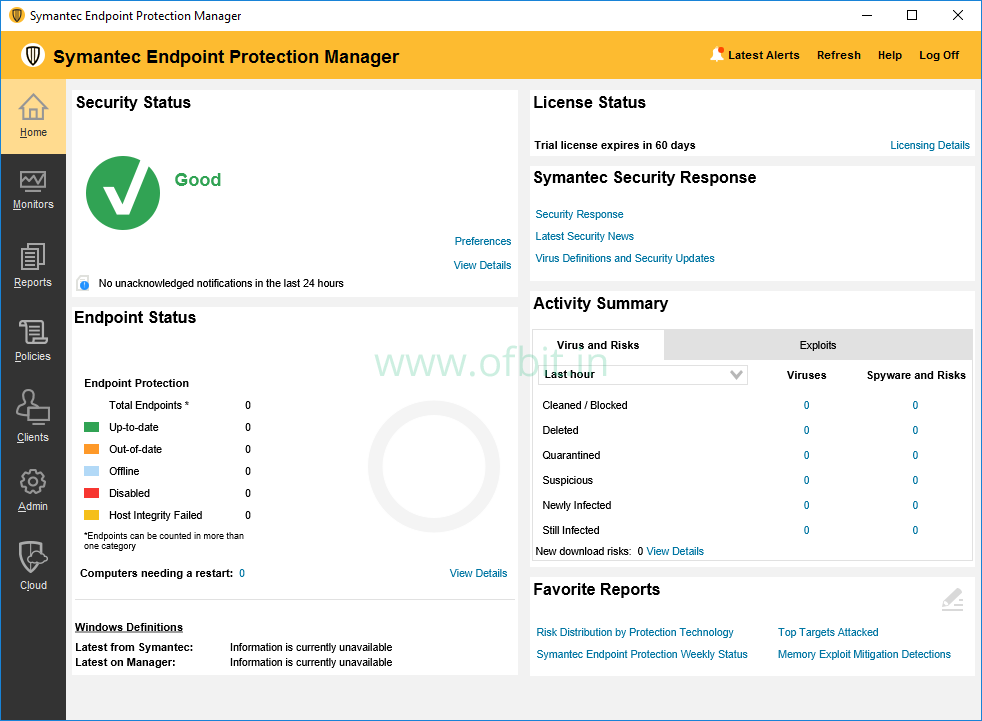

On SSRMS Server, go to the SMP Install path, for example, C:\Program Files\Altiris\Symantec System Recovery Linux management Solution\Web\SSRLAgentSetup.Push 32-bit Symantec Managemnet Agent Linux to the 32/64-bit clients by manually selecting the type as 32-bit operating system.įor example: To push the 32-bit SMA Linux to RHEL Server 6 (圆4):Ī. On the Install the Symantec Management Agent page, select the Install Agent for Unix, Linux and Mac tab.ī. Click the Installation Setting button to display the Installation Setting dialog box.Ĭ. In the Platform Detection section, select Manually select OS type > RHEL Server 6.Launch Symantec System Recovery 2013 R2 Management Solution.Scenario 3: You install 64-bit SMA 7.5 SP1 agent (not supported by SSRL) on the managed Linux Client and try to push SSRL Plug-in. After the SSRMS and SMP upgrades, you upgrade SMA Linux agents on the managed client and then try to upgrade the SSRL Plug-in. Scenario 2: You upgrade the SSRMS 2011/2013 Server to SSRMS 2013 R2 and SMP is upgraded to 7.5 SP1. Scenario 1: When new 32-bit/64-bit Linux clients are being managed by installing SMA Linux and SSRL Plug-in from SSRMS 2013 R2 (on SMP 7.5 SP1). The issue is observed in the following scenarios: This issue is caused because of SSRL Plug-in registration failure, which results into deadlock state. SMA 7.5 SP1 Linux is not compatible with SSRL Plug-in. The Linux managed client does not report to the Symantec System Recovery 2013 R2 Management Solution (SSRMS) Server. In Symantec System Recovery 2013 R2 Linux Management Solution (SSRLMS), the Symantec System Recovery Linux (SSRL) Plug-in goes into a deadlock state when the plug-in attempts to register to the Symantec Management Agent (SMA) 7.5 SP1.


 0 kommentar(er)
0 kommentar(er)
